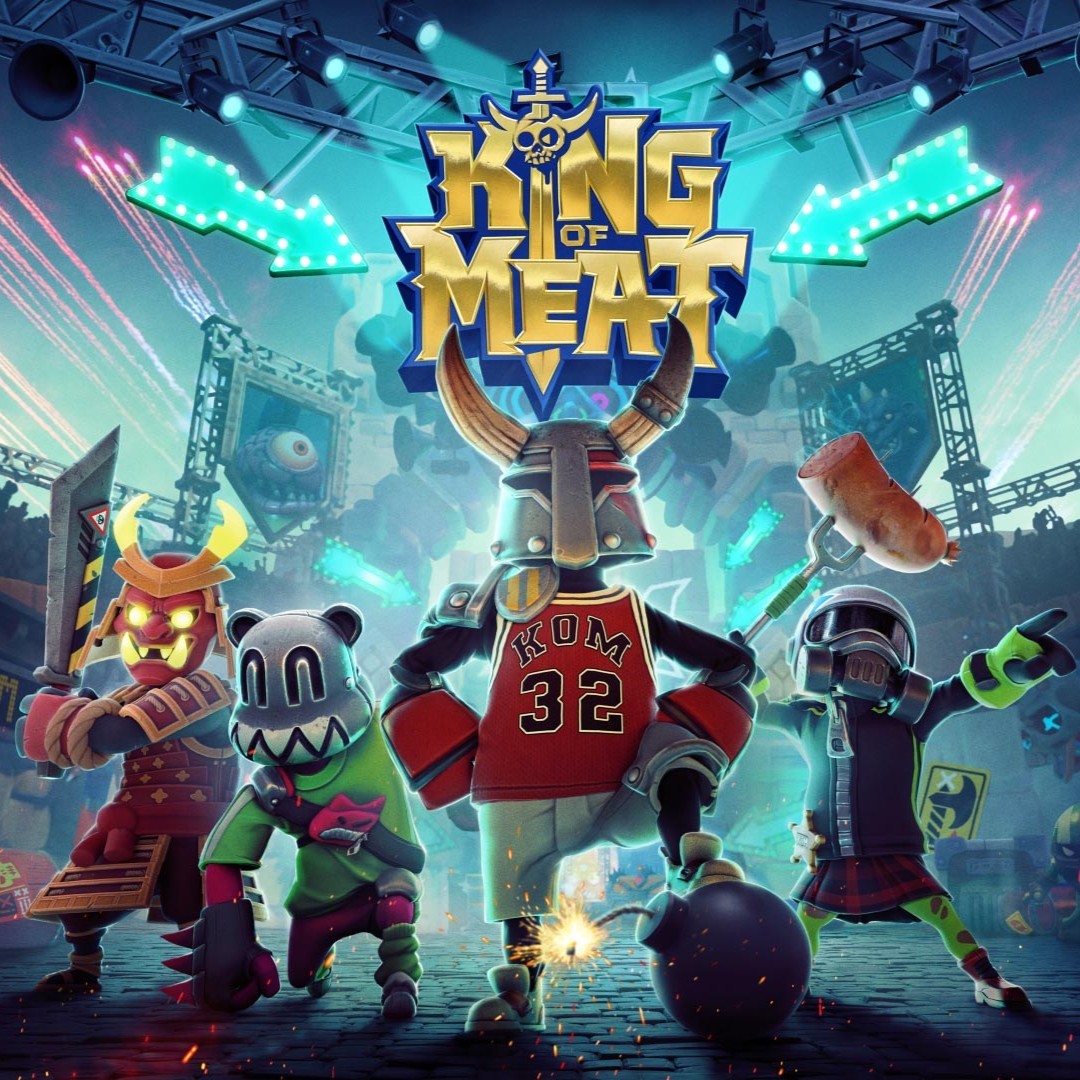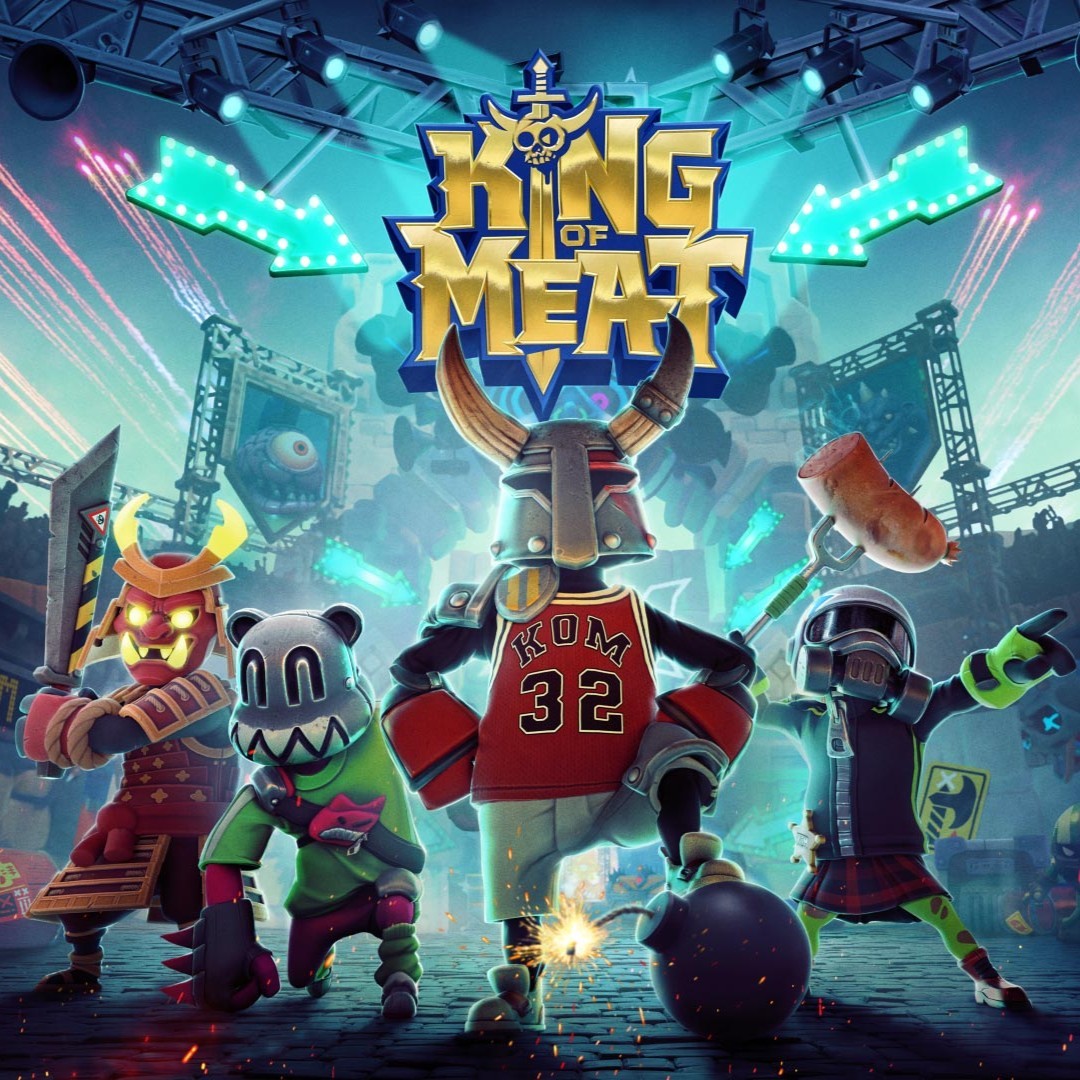E-Sports
Learn more in the BIO! Curious about the origins of the weird and wonderful wor…
Learn more in the BIO! Curious about the origins of the weird and wonderful world of @playkingofmeat? The @glowmade team shares their unlikely inspirations! Source 14

E-Sports
Sheep Esports – LoL: Taiwan’s official LoL page is giving away 1.010 fried chicken thanks to CFO’s performance against T1
Already 1010 chicken filets given after just one series against T1 The official League of Legends Facebook page in Taiwan is using every possible means to support their last remaining representative at MSI. Before CTBC Flying Oyster’s first match against T1, they launched a challenge that only this region could dream up: for every kill […]

Already 1010 chicken filets given after just one series against T1
The official League of Legends Facebook page in Taiwan is using every possible means to support their last remaining representative at MSI. Before CTBC Flying Oyster’s first match against T1, they launched a challenge that only this region could dream up: for every kill CFO secured, ten fried chicken filets would be given out to a randomly selected person. And for each game win, that’s 100 more.
LoL Taiwan’s post on Facebook.
Currently, the post has gathered over 2,800 comments on Facebook. After all, the goal of the campaign is also to drive engagement. Only those who comment on the post — showing the most passion, fervor, and a good dose of humor for the LCP champion — will have a chance to win this chicken-themed giveaway. It’s worth noting that chicken filets hold a special place in Taiwanese street food culture. They’re a cheap, flavorful, indulgent bite — one you grab after work, after school, or, in this case, after a clutch teamfight.
An entire nation praying for a miracle lower bracket run
In their very first series of MSI 2025, CFO went up against none other than World Champions T1. Few expected them to put up much resistance. But CFO shocked the world — not just by winning two games off the favorites, but by racking up 81 kills across the series. That’s 810 filets from kills, plus 200 more from their two wins, bringing the total to a crispy, golden 1010 chicken filets.
A Reddit user documented the breakdown of “chicken earned” and “chicken given out,” attributing filets to individual players like fantasy points in a food-fueled stat sheet:
Chicken Earned (CFO Players):
- Driver: 50
- Rest: 40
- Junjia: 70
- HongQ: 280
- Doggo: 330
- Kaiwing: 40
Chicken Given Out (T1 Players):
- Doran: 210
- Oner: 160
- Faker: 210
- Gumayusi: 100
- Keria: 130
So far, Chiu “Doggo” Tzu-Chuan and Tsai “HongQ” Ming-Hong became Taiwan’s crispy kings, while T1’s solo lanes, Choi “Doran” Hyeon-joon and Lee “Faker” Sang-hyeok, gave up the most. It is now up to CFO to make a deep run in the lower bracket and cover their home country with crispy chicken.
Header Photo Credit: Riot Games/Sheep Esports
– Clément Chocat –
/Comments
Write a comment


